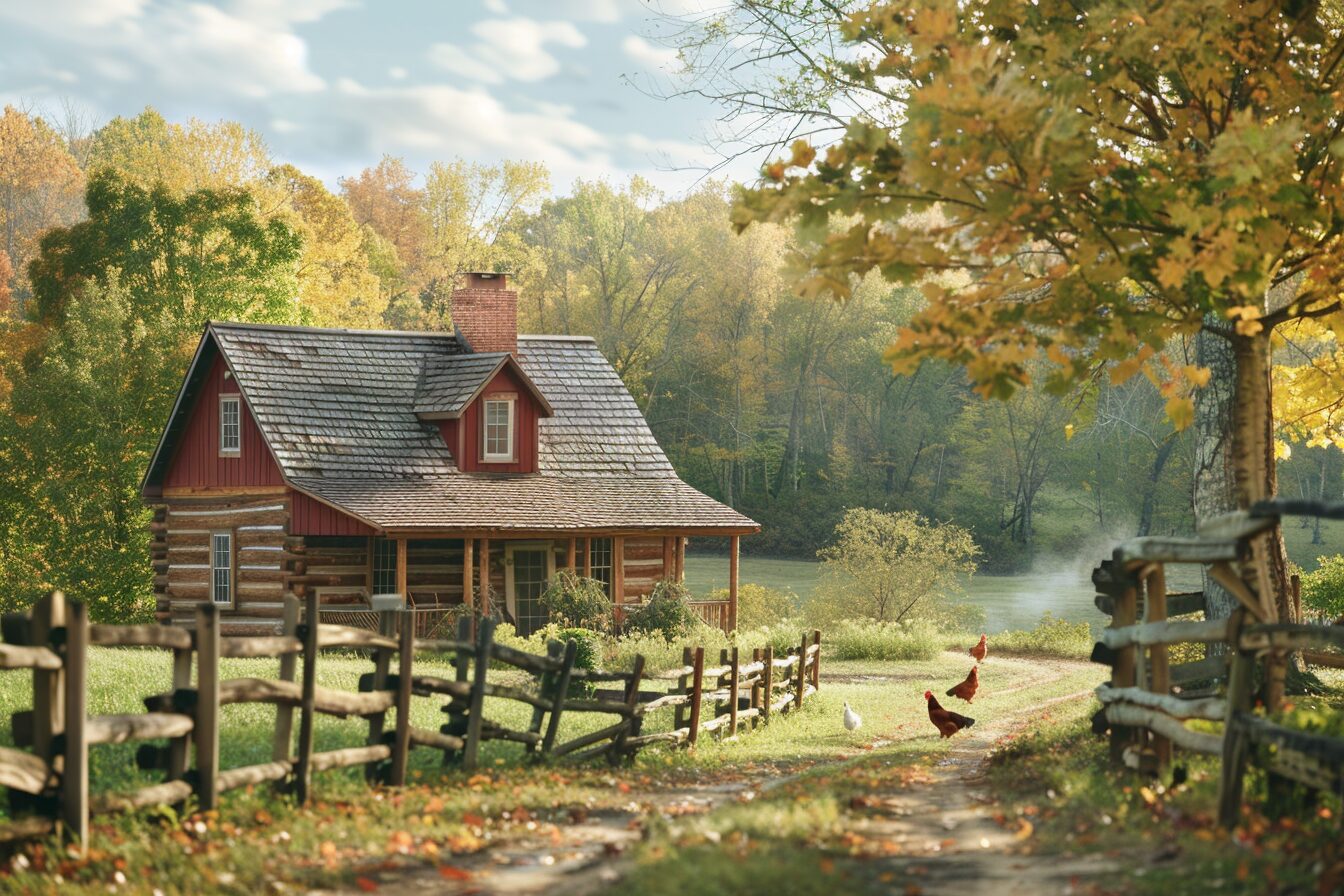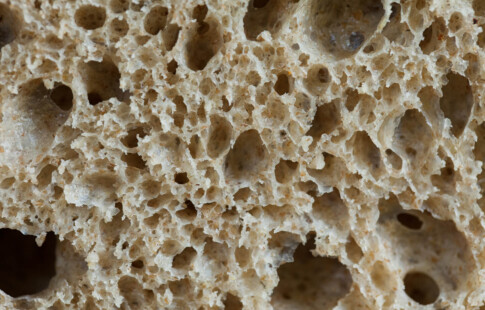
Hobby Farm vs. Homestead: 7 Differences You Should Know
We are reader-supported. When you buy through links on our site, we may earn affiliate commission.
Although they share many similarities, hobby farms and homesteads are not the same. If you’re looking to set up an agricultural venture around your home, you’ll need to understand their differences. So, without further ado, let’s settle the hobby farm vs homestead debate for good by highlighting seven differentiating points.
1. Purpose
You go into hobby farming because it’s an enjoyable activity and you have some free time. As the name suggests, you do this type of farming as a hobby. For example, you might add another duck to your flock or another plant to your small farm simply because you like how it looks.
On the flip side, homesteading is all about hustling for self-sufficiency. You’re basically aiming to grow your own food and live completely off-grid. It also offers an enriching lifestyle for anyone who wants to reconnect with nature, plus you can make good money selling produce from your homestead.
2. Size
There are no specific acreage dimensions for a hobby farm — however, the operations are typically smaller than conventional farming. What defines hobby agriculture is that you’re running it for pleasure. Nevertheless, hobby farms are usually 10 acres or less, though they can always be larger if you’ve got the land.
Homesteads tend to be bigger in terms of both operations and acreage. This is because farming for sustenance is a more comprehensive endeavor likely involving a wider, diverse array of crops and livestock. Think about how much food a typical household would need in a year and try to picture how much farming will be required to meet that demand while having some produce left over to sell.
3. Time Commitment
Your level of involvement in a hobby farm can be flexible, so it’s not like you have to be out there every single day. Depending on what plants or animals you’re raising, you could afford to visit your farm on weekends or every other day and that’s about it.
Managing a homestead, on the other hand, is a full-time job. You must put in serious hours to grow your crops, tend livestock and deal with energy resources — the whole nine yards. Homesteading is essentially a way of life and you’ll need to invest a lot of your time and effort into making it work.
4. Resource Utilization
Hobby farming generally requires fewer resources since you only do it as a pastime. In most cases, you’re not actively investing in top-of-the-line equipment and tools to run this type of farm. You’ll want to purchase basics like weeders and seeders or even machinery like compact tractors and manure spreaders, but these are on an as-needed basis.
With homesteads, the primary goal is to feed yourself and your family with what you grow. As such, expect to expend more resources on keeping the farm up and running. For example, you’ll likely spend more on fertilizer and pest control as a homesteader. If you sell some produce, you might also need vehicles and infrastructure. You’ll also spend a lot on electricity for your homestead, so adopting renewable energy sources like solar and geothermal can help reduce running costs.
5. Using the Produce
As a hobby farmer, you’re not cultivating crops or raising animals to meet your daily needs. It’s more about following your heart and allocating your free time to the venture. That means even if the plants are not flourishing as expected or your chickens are yet to lay eggs, you can afford to head back home and not lose too much sleep about it.
In a homestead, your main objective is to ensure the farm yields enough produce for your household’s daily living needs. That means you’re supposed to use everything wisely and will likely worry a lot when your efforts are not turning out the expected harvests. Mostly, you only rear what’s manageable for daily use.
6. Tax Implications
Income from your hobby farm may be taxable, which means it will be reported on Form 1040, Individual Income Tax Return. However, the exact details vary by county, so be sure to discuss these matters with a professional.
The tax benefits might be higher for homesteads, especially with recent legislation regarding exemptions and coverage scope. For example, if you’re a homesteader in Texas, you can deduct as much as $100,000 from the assessed value when calculating your 2024 tax obligation. Of course, you’ll need to meet the qualifying requirements, such as being a U.S. citizen, owning the homestead and being a resident of the state where you’re claiming the exemption.
7. Long Term Goals
Hobby farmers and homesteaders have different long-term goals. With hobby farming, your long-term goals are quite flexible. You might have some plans in mind, but they will likely be secondary to other priorities in your life. The farm is mostly a fun project for a certain time and you might even consider selling it if you get a good offer.
The long-term goals of homesteading are more rigid as you’re primarily concerned with achieving self-sufficiency and sustainability for your household. Homesteaders often feel a sense of responsibility to preserve the land because they truly love the place they’ve built and plan to keep it for generations.
How Do I Choose Between Hobby Farms and Homesteads?
Ultimately, it comes down to the lifestyle you want for you and your family. The best way to go about it is to physically visit some of each. Check out hobby farms and homesteads near you to get a better feel of what you’d prefer. You’ll also get a more realistic picture of what to expect with owning either.
Consider the financial implications, too. Starting a hobby farm may be cheaper since the stakes are less demanding. However, homesteading offers tax benefits and may be more sustainable in the long run. So, it’s about what’s important to you.
Lastly, remember these ventures are not mutually exclusive. The lines can be blurred, so feel free to explore your options. For example, a homestead can have a dedicated space for hobby farming projects. Farms can switch things up and focus on growing crops primarily for household consumption. What’s important is that you go for it.
Homestead Vs Hobby Farm
The biggest difference is that homesteaders mainly grow food for themselves, while hobby farmers grow food as a leisure activity. Now that the debate has been put to rest, it’s up to you to decide which agricultural method suits your lifestyle and values.
Share on
Like what you read? Join other Environment.co readers!
Get the latest updates on our planet by subscribing to the Environment.co newsletter!
About the author

Steve Russell
Steve is the Managing Editor of Environment.co and regularly contributes articles related to wildlife, biodiversity, and recycling. His passions include wildlife photography and bird watching.





